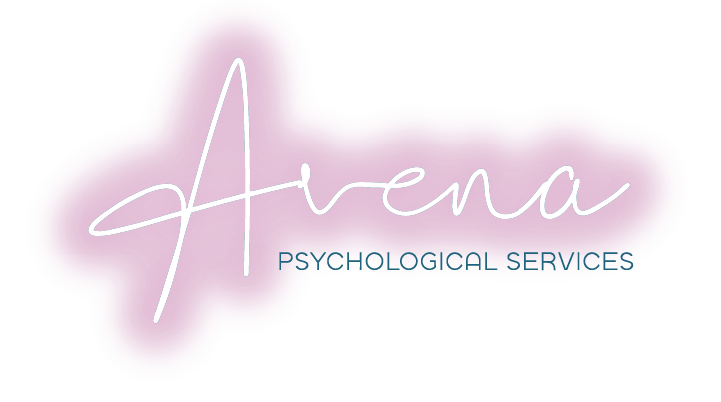Marriage Counseling Questions
Learn how marriage counseling questions help couples dive deeper with these examples
What questions are asked in marriage counseling?
In marriage counseling, therapists typically ask open-ended questions to understand the couple’s history, challenges, and communication patterns. Some common questions include:
-
“What brought you to therapy?”
-
“How do you typically handle conflict?”
-
“What do you each feel is missing in the relationship?”
-
“What are your goals for the future—individually and as a couple?”
-
“How do you show love and support to one another?”
These questions help the therapist get to know your dynamic and uncover the root issues—not just the symptoms—of the relationship strain.
What are deep questions for couples?
Deep questions help couples explore emotional intimacy, values, and long-term compatibility. Examples include:
-
“What does a meaningful relationship look like to you?”
-
“What are your biggest fears about us?”
-
“How do you feel most loved or appreciated by me?”
-
“What unresolved issues or past wounds still impact how you show up in our relationship?”
-
“What kind of legacy do we want to create together?”
These kinds of questions promote vulnerability, empathy, and deeper connection.
What are the goals of marriage therapy?
Marriage therapy aims to help couples strengthen their connection, improve communication, and resolve conflicts in a healthy way. Common goals include:
-
Learning to listen without judgment or defensiveness
-
Rebuilding trust after a rupture
-
Deepening emotional and physical intimacy
-
Identifying and changing unhelpful patterns
-
Clarifying shared goals and values
The ultimate purpose is not to “fix” one person, but to improve the relationship as a whole, so both partners feel seen, supported, and empowered.
How do I prepare for marriage counseling?
To prepare for marriage counseling, reflect honestly on your experiences in the relationship—both the struggles and the strengths. Be ready to discuss your own feelings and behaviors, not just your partner’s. It’s also helpful to:
-
Identify 2–3 goals you’d like to work on
-
Be open to hearing your partner’s perspective
-
Avoid blame and focus on sharing your truth calmly
-
Come with curiosity rather than a need to be “right”
Being emotionally prepared to listen, reflect, and grow makes a huge difference in how productive sessions can be.
Can counseling save a marriage?
Yes, counseling can absolutely save a marriage—when both partners are willing to engage openly and work together. Therapy offers a safe space to understand what’s gone wrong, what each person needs, and how to rebuild connection (even after infidelity). While not every marriage can or should be preserved, many couples find that counseling helps them grow stronger, reconnect emotionally, and navigate challenges with new tools. Even if the outcome is unclear, seeking help is a powerful step toward clarity and healing—for the relationship and the individuals within it.
Frequently Asked Questions
What Insurances Do You Take?
- Blue Cross Blue Shield
- Aetna
How Do I Verify My Out of Network Benefits?
We make it simple to get the care you deserve — whether we’re in-network with your insurance or not.
If you don’t see your insurance provider listed, you can still work with us through your out-of-network benefits.
Here’s how it works:
-
In-Network Benefits mean we have a direct relationship with your insurance company, and your coverage typically applies automatically.
-
Out-of-Network Benefits mean you can still receive therapy with us — you may just pay upfront and get reimbursed by your insurance provider later.
If you have out-of-network coverage, we’ll submit claims on your behalf to make the reimbursement process as easy as possible. Any reimbursements will go directly to you.
Not sure if you have out-of-network benefits?
Simply call the customer service number on your insurance card and ask about your mental health coverage for out-of-network providers. Our team is also happy to help guide you through the next steps if you need support.
Prefer to Self-Pay?
We offer flexible options, including reduced rates. Reach out — we’ll find the right fit together.
What’s the Difference Between In-Network and Out-of-Network Benefits?
When you use in-network benefits, we have a direct agreement with your insurance company. You’ll typically pay less out-of-pocket, and billing is handled for you. However, you’re limited to therapists within your plan’s network, and not all services may be fully covered.
When you use out-of-network benefits, you have more flexibility to work with therapists outside your insurance network — like us. You’ll usually pay upfront, but you may be eligible for reimbursement. We submit claims on your behalf to make the process easier.
If you’re unsure about your out-of-network coverage, check with your insurance provider or reach out to us — we’re happy to guide you through it.
Schedule An Appointment


Phone
212-906-4495
therapy@avenapsych.com
Mailing Address
99 Wall Street #4424 New York, NY 10005
